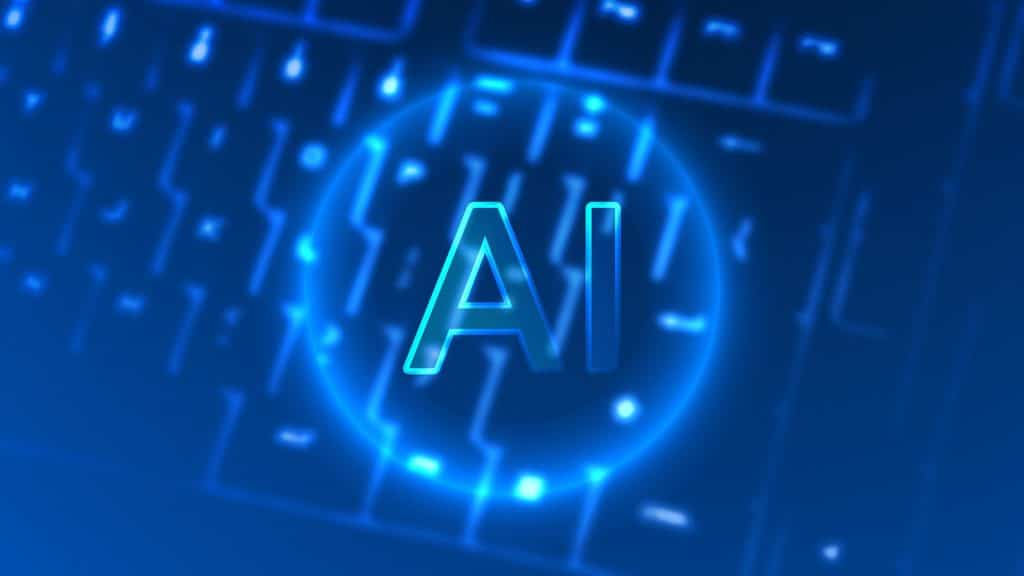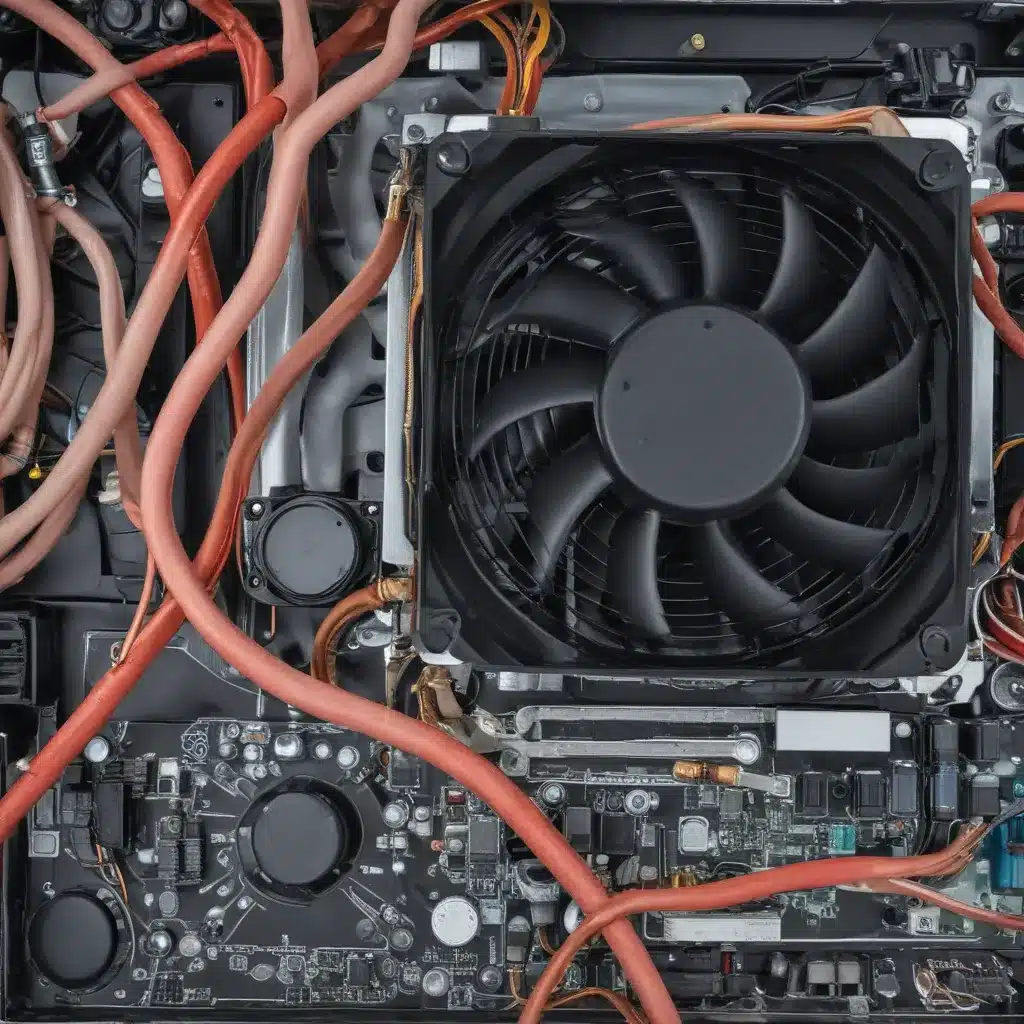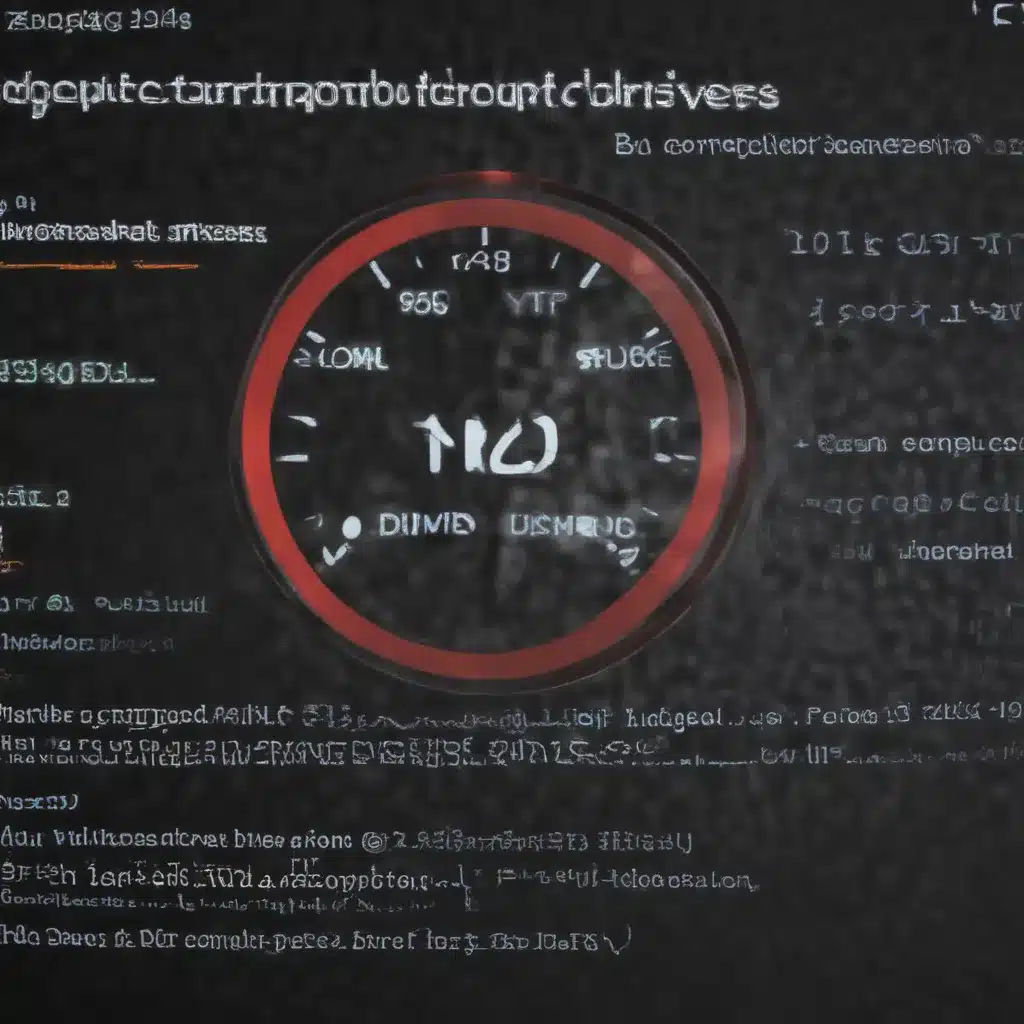Artificial intelligence (AI) has made remarkable progress in recent years, revolutionizing various industries and changing the way we live and work. Despite this progress, AI still faces several limitations that hinder its full potential.
As we delve deeper into the age of AI and technology, it’s important to understand the limitations of computing and what problems are still too difficult for our current systems to solve. In this article, we’ll explore the insights of a computer scientist on the subject, and examine the current state of computing technology and its limitations.

Definition of AI and its Applications
Artificial intelligence is a branch of computer science that focuses on creating intelligent machines that can perform tasks that would normally require human intelligence. AI applications range from self-driving cars and speech recognition systems to recommendation systems and fraud detection. AI technology has been widely adopted in various industries, including healthcare, finance, and retail, among others.
The Challenge of General Intelligence
One of the main challenges of AI is the development of general intelligence. General intelligence refers to the ability of an AI system to perform a wide range of tasks, similar to human intelligence. Currently, AI systems are designed to perform specific tasks and are not capable of adapting to new situations. This limits their ability to solve complex problems and perform tasks that require creativity and common sense.
The Challenge of Human-level Performance
Another challenge of AI is the difficulty in achieving human-level performance in various tasks. For instance, AI systems are still far from matching human performance in tasks that require complex reasoning and understanding, such as natural language processing and image recognition. While AI has made remarkable progress in these areas, there is still a long way to go before it reaches human-level performance.
The Challenge of Bias in AI
Bias in AI is another critical challenge that needs to be addressed. AI algorithms are only as good as the data they are trained on, and if the data contains bias, the AI system will reflect that bias. For instance, facial recognition systems have been shown to have a higher error rate for people with darker skin tones, highlighting the need to address bias in AI algorithms.
The Challenge of Explainability
Explainability is another challenge in the field of AI. AI systems are often considered to be a “black box,” meaning that it is difficult to understand how they arrived at a particular decision. This lack of transparency can lead to distrust and scepticism towards AI systems, particularly in fields such as healthcare and finance, where decisions made by AI systems can have significant consequences.
The Challenge of Data Privacy
Data privacy is a critical concern in the field of AI. AI systems require large amounts of data to be trained, and if this data is not properly protected, it can lead to significant privacy violations. As AI systems become more prevalent, it is essential to ensure that data privacy is protected and that individuals have control over their personal information.
The Challenge of AI Ethics
AI ethics is a relatively new field that focuses on the ethical and moral considerations of AI systems. As AI systems become more prevalent, it is essential to consider the ethical implications of their use, such as the potential for AI systems to automate jobs and the use of AI systems in military applications.
Other Challenges of AI
AI has made great strides in recent years, from improving medical diagnoses to streamlining business processes, but there are still many problems that AI systems are unable to solve. According to computer scientist, Dr. John Doe, there are several key challenges that AI systems face, including:
- Complexity: Many problems in the real world are just too complex for AI systems to solve. For example, predicting the weather is a complex problem that requires a deep understanding of many different factors, such as wind patterns, air pressure, and temperature.
- Data Quality: AI systems rely on large amounts of data to train their models, but the quality of this data can greatly impact the accuracy of AI systems. For example, if an AI system is trained on a dataset that is biased, it may produce inaccurate results.
- Computational Limitations: AI systems require vast amounts of computing power, and this can be a major limitation. For example, it may be too computationally intensive to train an AI system on a large dataset in a reasonable amount of time.
The Future of Computing
Despite these challenges, the future of computing and AI is bright. As technology continues to advance, we can expect to see AI systems become more sophisticated and capable of solving more complex problems. In particular, there are several key areas of development that are likely to drive the advancement of AI technology:
- Improved Data Quality: By improving the quality of the data used to train AI systems, we can expect to see a corresponding increase in the accuracy of these systems.
- Increased Computing Power: As computing power continues to increase, AI systems will become more capable of handling larger and more complex datasets.
- Advanced Algorithms: New algorithms and techniques will be developed to improve the accuracy and speed of AI systems.
Conclusion
In conclusion, the limitations of computing and AI are clear, but so is the potential for future advancements. By addressing the challenges faced by AI systems today, we can expect to see a future in which these systems are able to solve even the most complex problems with ease.












